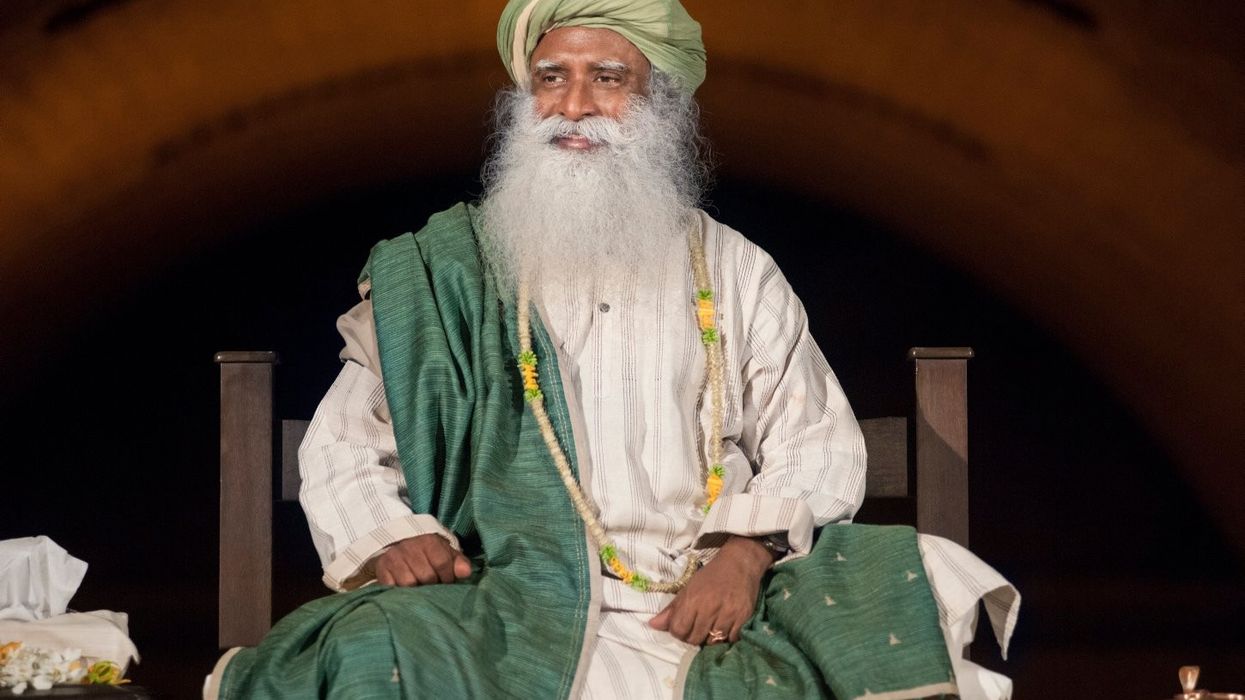The UK’s counter-terrorism chief, Neil Basu, has made a plea for compassion as police officers adjusted to “new responsibilities” of dealing with the lockdown, adding that “how we police this pandemic will be remembered for many years to come”.
Writing in the Daily Telegraph, Metropolitan Police Assistant Commissioner struck a personal note: “As the son of a GP and a nurse, and the brother of an NHS consultant currently working on the frontline, I will do everything possible to help protect the courageous men and women of the NHS – albeit with powers I never imagined a British police officer would be asked to use.”
He said some of “the bravest men and women I know put themselves at risk every day to protect all of us”.
He said such officers were now doing so “not only to arrest terrorists, murderers, drug dealers and gangsters, but also to persuade us rightly to obey the Government’s directions designed to halt the spread of Covid-19, protect the NHS and save lives”.
“There will be a period of readjustment to our new responsibilities, which no police officer ever thought they would have,” he said.
“Not every police response will be surefooted and some will spark healthy debate. We should not judge too harshly.”
Basu also stressed said that officers were “acutely aware that how we police this pandemic will be remembered for many years to come”.
"Preserving the trust and confidence of the public by policing by consent is our mantra, and has been since 1829," he said.
Basu’s intervention came amid unprecedented powers handed to Britain’s police forces to enforce the government’s “stay at home” message and social distancing rules as the country registered over 20,150 Covid-19 cases and with 1,700 deaths by Tuesday (31).
Under the powers unveiled by Home Secretary Priti Patel last week, UK police is empowered to instruct members of the public to go home, leave an area or disperse and can issue a fixed penalty notice of 60 pound which would double with each repeat offence.
Individuals who do not pay a fixed penalty notice under the regulations could be taken to court, with magistrates able to impose unlimited fines, and if someone continues to refuse to comply, the police may even arrest them where deemed “proportionate and necessary”.
“I’m giving the police these new enforcement powers, to protect the public and keep people safe,” Patel had said.
However, some forces came under criticism over what has been seen as an overreach of these powers, including Derbyshire Police recently using drones to monitor people heading to the scenic Peak District of England.
Lancashire Police issued 123 enforcement notices over the weekend, while Cheshire Police reportedly summonsed six people for various offences, including travelling to purchase "non-essential" items.
"I have to say the behaviour of the Derbyshire Police in trying to shame people by using their undoubted right to travel to take exercise in the country and wrecking beauty spots in the fells so people don't want to go there is frankly disgraceful," Basu said.
Under guidance being issued to police, officers have been told to take a "consistent" approach when ensuring people comply with emergency measures aimed at curbing coronavirus.
"We are all getting used to the new restrictions and I've been very clear that, in the first instance, I want my officers to be engaging with people, talking to people, encouraging them to comply," said Cressida Dick, the Met Police Commissioner.
"Explaining, of course, if they don't understand – already we have had examples of people who simply hadn't quite heard all the messages – and, only as a very last resort with the current restrictions, using firm direction or even enforcement," she said.
Meanwhile, there have been reports of people using coughs directed at officers, an act which has been criminalised by the Crown Prosecution Service (CPS) to be able to take action against perpetrators.
“I am appalled by reports of police officers and other frontline workers being deliberately coughed at by people claiming to have Covid-19. Let me be very clear: this is a crime and needs to stop,” said Max Hill, CPS Director of Public Prosecutions.
Under the enhanced legal protection, coughs directed as a threat at police, key workers or members of the public in the UK could be charged as common assault, punishable by up to 12 months in prison.



















